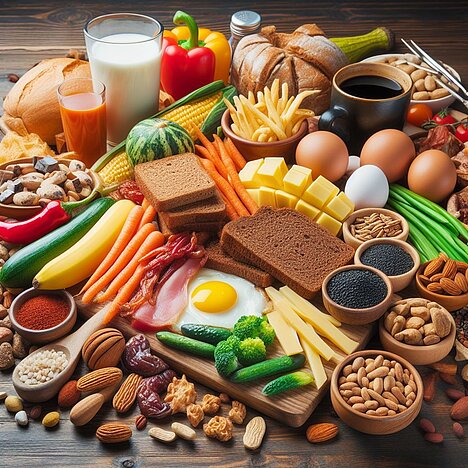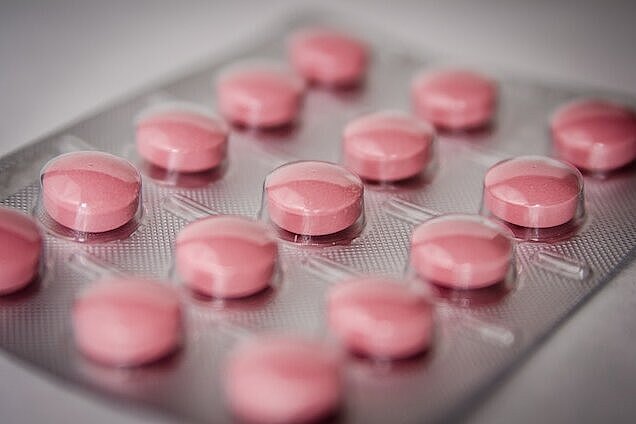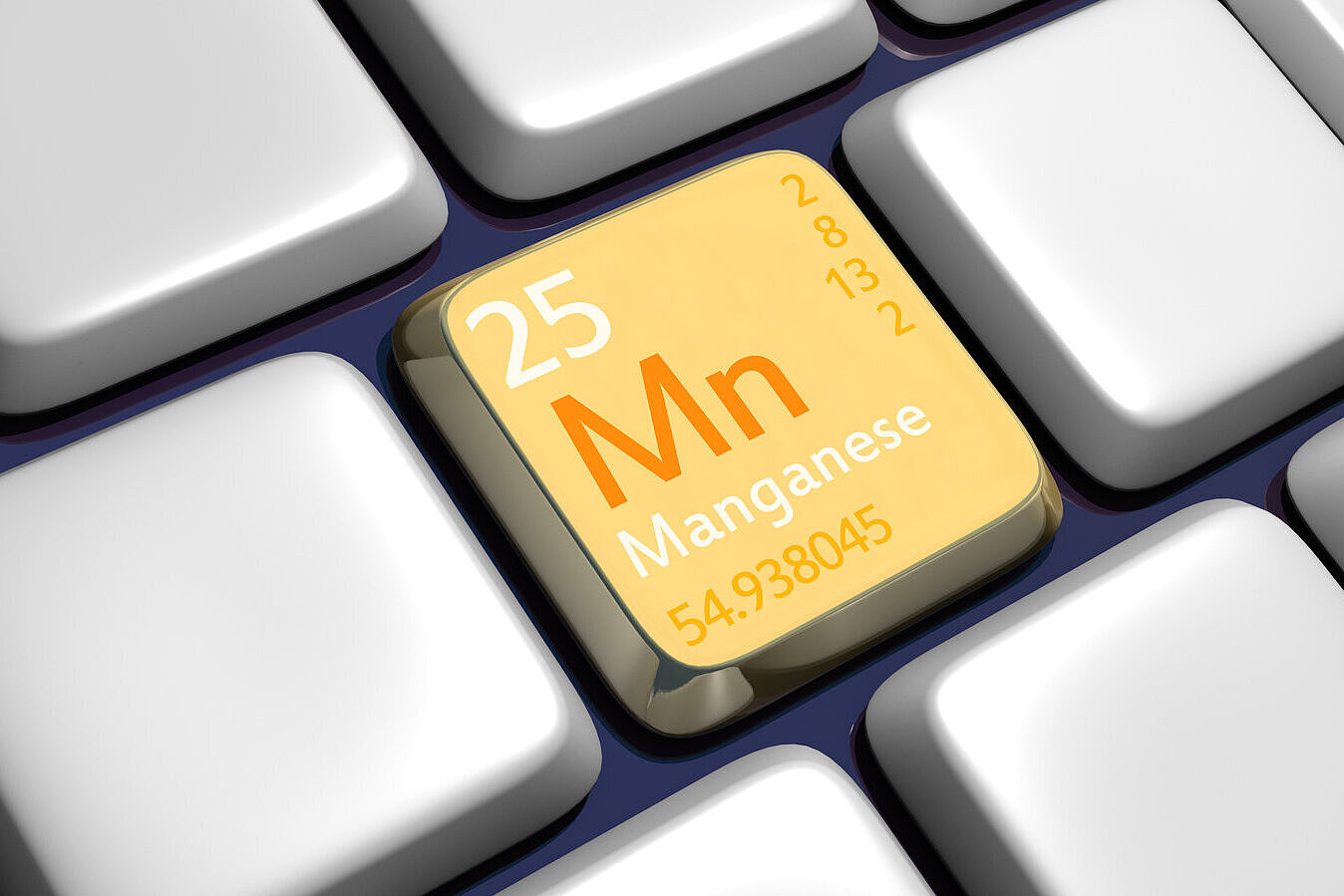Trace elements

What are trace elements?
Trace elements are minerals that the body only needs in very small quantities, but are nevertheless vital. They are involved in many metabolic processes and support the function of enzymes, hormones and cells. The most important trace elements for dogs include iron, copper, zinc, manganese, iodine, selenium and cobalt.
What are the benefits of trace elements for dogs?
Trace elements have various positive effects on your dog's health. Here are some examples:
- Iron is important for the formation of red blood cells and the transportation of oxygen in the blood.
- Copper promotes the formation of connective tissue, pigments and antioxidants.
- Zinc strengthens the immune system, wound healing and the coat.
- Manganese supports bone structure, nerve function and energy metabolism.
- Iodine regulates thyroid hormones and influences growth and metabolism.
- Selenium protects against free radicals and promotes fertility.
- Cobalt is a component of vitamin B12 and helps with blood formation.
How can you give your dog enough trace elements?
Most high-quality dog foods already contain all the necessary trace elements in a balanced form. You should therefore make sure that you give your dog food that meets its needs. If you feed your dog barefood or cook it yourself, you need to make sure that you give it enough variety. Meat alone is not enough to provide all the trace elements. You should therefore also feed your dog offal such as liver or kidney as well as plant-based ingredients such as vegetables or algae. You can also use special food supplements to compensate for any deficiencies.
What disadvantages can trace elements have for dogs?
Trace elements are important for your dog, but too much can also be harmful. An overdose can lead to symptoms of poisoning or disturbances in the mineral balance. You should therefore not administer additional supplements or enrich your dog's food yourself without consulting a vet. The symptoms of an overdose can vary depending on the trace element. Some examples are
- Toomuch iron can lead to gastrointestinal complaints or liver damage.
- Too much copper can lead to liver failure or anemia.
- Too much zinc can lead to vomiting or hair loss.
- Too much manganese can lead to movement disorders or nerve damage.
- Too muchiodine can lead to hyperthyroidism or skin problems.
- Too much selenium can lead to muscle weakness or heart problems.
Trace elements are essential for your dog's health. You should therefore make sure that he gets a balanced diet that contains all trace elements. If you are unsure whether your dog is getting enough or too many trace elements, you can consult your vet. They can give you an individual feed recommendation or carry out a blood test. This way you can ensure that your dog stays fit and healthy.
If you notice any signs of hypersensitivity or poisoning in your dog, you should see your vet immediately. We are not a substitute for a vet, but we try to be as accurate as possible. Every dog reacts differently and we recommend you get a second opinion or consult your vet if in doubt.
Stay healthy and take good care of your four-legged friend!😊
Similar to Trace elements
Iron is a chemical element that occurs naturally. It is an important component of hemoglobin, the red blood pigment. Hemoglobin binds oxygen in the lungs and transports it to cells throughout the...
Your dog's copper requirement depends on various factors, such as its age, size, coat type and health. Generally speaking, dogs need about three times the amount of copper that humans need in...
The optimum amount of zinc for your dog depends on various factors, such as his age, size, state of health and diet. The German Nutrition Society (DGE) recommends a daily zinc intake of 2 to 5...
The optimal amount of manganese for your dog depends on various factors, such as his age, size, activity level and diet. A general recommendation is that an adult dog needs about 0.1 mg of manganese...



